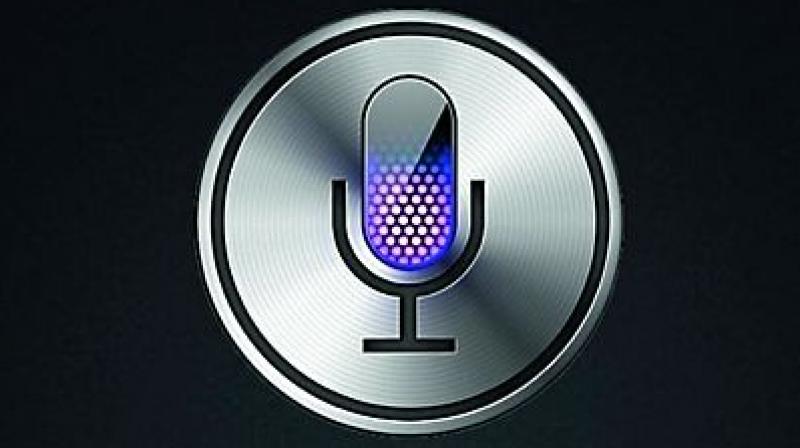Virtual assistants remain private'
People less likely to use a proverbial wall in public.

Hyderabad: Although voice-activated virtual assistants are being touted as the next big thing by leaders of the tech industry, including Satya Nadella of Microsoft, most people shy away from making use of the services of virtual assistants when in public.
A survey conducted by Pricewaterhouse Coopers (PwC) has found that while younger users are more accepting of the technology, they do not use virtual assistants as often as expected. Experts say that after the initial hype, there has not been a significant increase in the usage of virtual assistants such as Siri, Alexa and Cortana.
Balaji Viswanathan, the CEO of Invento Robotics, attributes this to the fact that talking to a software feels unnatural to most people. “People are not used to talking to a proverbial wall. We look for various cues such as body language as we communicate, and so speech recognition alone is insufficient,” he says. He adds that most virtual assistants are incapable of recognising complex speech; they are best suited only to perform simple tasks such as retrieving weather information and movie timings.
Sainath Gupta of Hyderabad-based Prime Trade AI, points out that another problem is virtual assistants’ inability to handle vernacular speech. “In the Indian context, we have some major issues – background noise and poor internet connectivity, which can lead to inaccurate speech recognition and leave the user embarrassed. Meanwhile, companies are only making efforts in the direction of integrating these capabilities with home devices and vehicles.”
Ford, Volkswagen, BMW and Toyota recently announced plans to integrate Alexa into their in-built infotainment systems. “People may use it to access a standard set of music, calling and map features, but there will certainly be a limit to the number of actions that they can perform. The integration of technology for maintenance and auto functions will only work for vehicles in the premium segment,” Mr Gupta says.
Google is reportedly working with companies to integrate its voice-activated assistant services to control air-conditioners, fans, lights, and other smart home appliances. However, adoption of the technology has been slow. According to the PwC report, a poor understanding of the capabilities of AI-based assistants and a general lack of trust can hamper growth in this area.
“A few years ago, so was the case with Google Maps. People did not believe they could rely on it for navigation. Now it is used by almost everyone, including big businesses. Time will decide the fate of virtual assistants as well,” Mr Gupta says.

